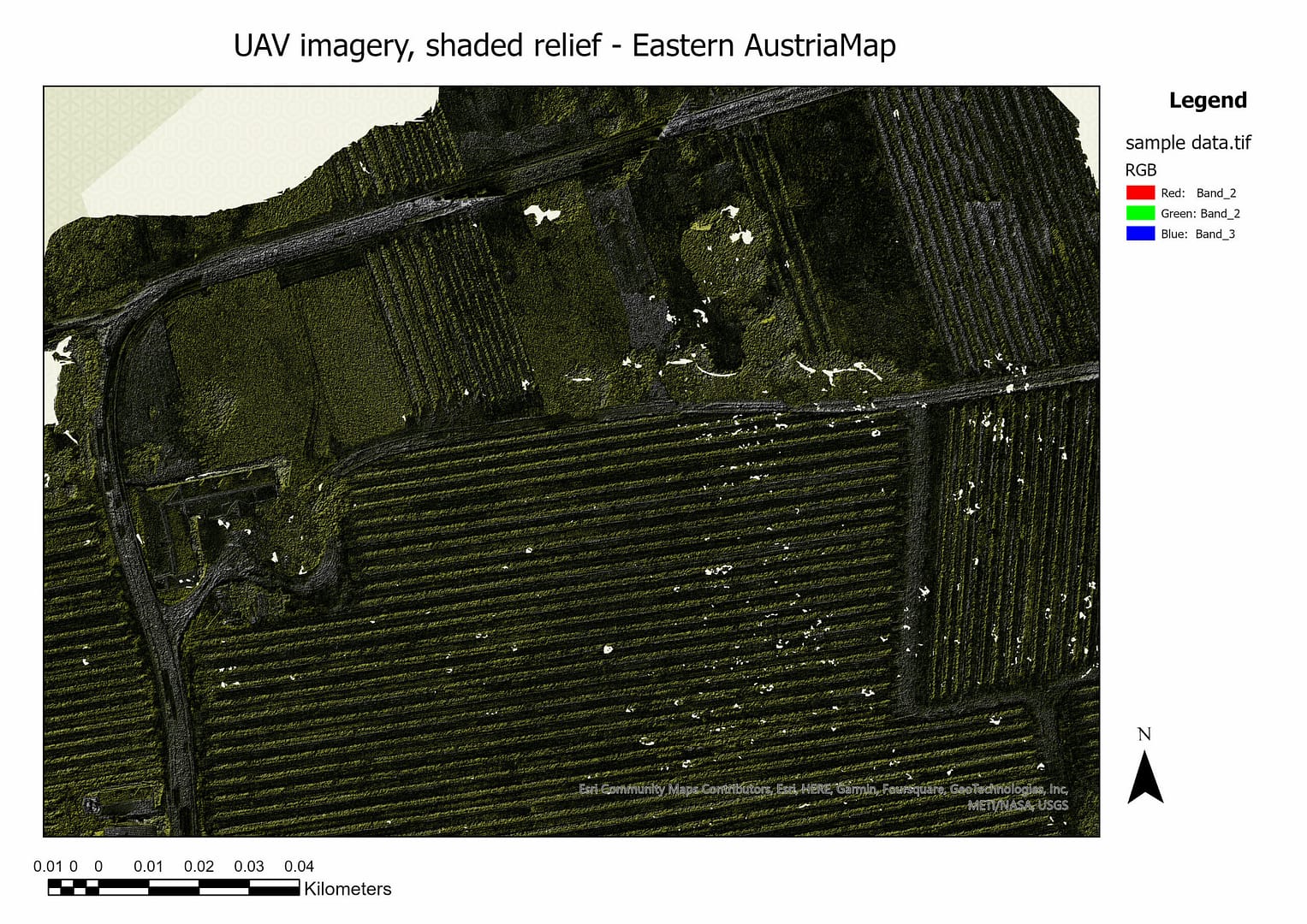Small-scale farmers often face significant challenges that larger corporations may not encounter. These farmers typically have limited resources, access to technology, and financial capabilities. They also face hurdles in accessing markets, dealing with fluctuating prices, and mitigating risks associated with weather conditions or crop diseases.
Support for small-scale farmers is crucial for several reasons:
- Local Economies: They contribute significantly to local economies by providing local employment opportunities and supporting community development.
- Biodiversity: Small-scale farmers often preserve biodiversity by cultivating a variety of crops. This diversity is vital for maintaining resilient and sustainable agricultural systems.
- Food Security: They play a crucial role in ensuring food security, especially in rural and remote areas where large corporations may not operate.
- Sustainable Practices: Many small-scale farmers adopt more sustainable and environmentally friendly practices due to their closer connection to the land.
Support for these farmers can come in various forms, including:
- Access to Resources: Providing access to affordable credit, technology, and quality seeds can significantly enhance their productivity.
- Training and Education: Offering training programs on modern agricultural practices, sustainable farming methods, and financial management can improve their efficiency and profitability.
- Market Access: Assisting in connecting them to fair and stable markets can ensure better prices for their produce.
- Policy Support: Implementing policies that protect small-scale farmers’ interests and provide them with necessary resources and infrastructure is essential.
Empowering small-scale farmers not only supports their livelihoods but also contributes to sustainable agriculture and global food security.
Open source aerial data source:
https://map.openaerialmap.org/#/16.5234375,47.28295557691231,7/square/120230133/631ee6653cdf1c0006b63c5b?_k=p4wo4w





